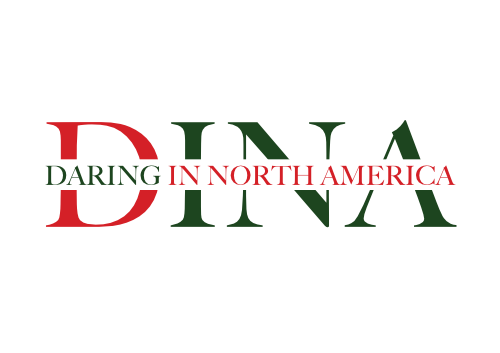Canada has long been a popular destination for immigrants looking to start a new life. However, with its complex immigration system, many misconceptions and myths surround the process. In this blog post, we’ll debunk five common myths about Canadian immigration.
Myth #1: It’s easy to get into Canada While Canada has a reputation for being a welcoming country, the truth is that its immigration system is complex and rigorous. Applicants are required to meet strict eligibility criteria, provide detailed documentation, and undergo medical and criminal background checks. Moreover, the competition for visas and permanent residency is fierce, with hundreds of thousands of applicants vying for a limited number of spots each year.
Myth #2: Only highly skilled professionals are eligible to immigrate While Canada does prioritize the immigration of highly skilled workers, there are several programs that cater to a variety of skill levels and job types. For example, the Federal Skilled Trades Program is designed for workers in skilled trades, such as carpentry, plumbing, and electrical work, while the Provincial Nominee Program allows provinces and territories to nominate candidates for immigration based on their specific labor needs.
Myth #3: You need to speak French to immigrate to Canada While French is one of Canada’s two official languages, it is not a requirement for immigration. English is the most commonly spoken language in Canada, and proficiency in the language is typically sufficient for most job opportunities and daily life.
Myth #4: You can’t bring your family with you when you immigrate Canada values family reunification and offers several programs that allow immigrants to bring their families with them. Spouses, common-law partners, and dependent children can typically accompany the primary applicant, and in some cases, parents and grandparents may also be eligible for sponsorship.
Myth #5: Once you’re in Canada, you’re set for life While Canada offers a high quality of life, it’s important to remember that success is not guaranteed. Immigrants may face challenges such as language barriers, cultural differences, and difficulty finding employment in their field. It’s important to research and prepare for these challenges, as well as to seek out resources and support to help with the transition.
In conclusion, while the process of immigrating to Canada may seem daunting, it’s important to separate fact from fiction. By understanding the true nature of Canadian immigration, applicants can better prepare themselves for the journey ahead.
